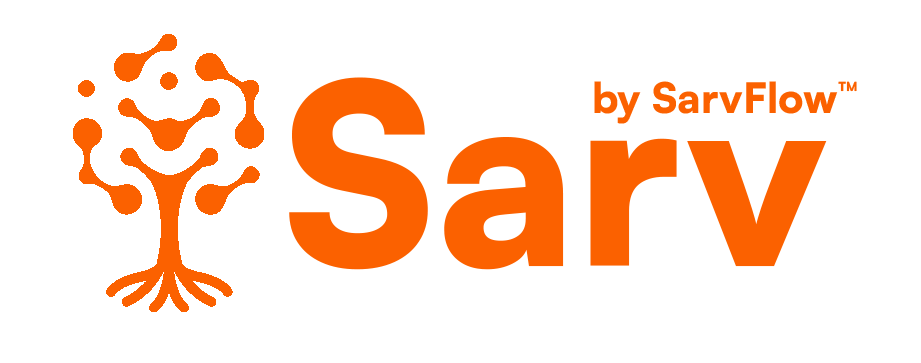The real reason wealth managers are struggling to win new clients
The industry keep pretending money lives in a spreadsheet. It doesn’t. It lives in people’s bodies, calendars, and nervous systems.
Wealth managers (WM) aren’t losing prospects because their charts are the wrong colour or their portals need another feature. They’re losing because the proposition is misaligned with modern life.
Living standards have slipped for a decade. For the median household, “spare” is a fiction. The industry’s default pitch, optimise a surplus that doesn’t exist, lands like a joke. Inequality has widened. Advice that assumes stable earnings and linear careers reads as tone-deaf.
AI is unbundling jobs and compressing margins; anxiety isn’t abstract, it’s Tuesday afternoon. In this context, offering another model portfolio feels like offering a yoga mat to someone who hasn’t eaten.
Here’s the uncomfortable bit: most firms still sell after-the-fact clarity, beautiful hindsight, when what people need is before-the-choice confidence. WMs tell them what happened last quarter and wonder why they don’t feel safer.
The deeper why behind stalled growth:
The industry treats money as independent. It isn’t. It’s entangled with Energy, Focus, Recovery, Movement, the life currencies that decide whether any plan survives contact with a real week. If a client is sleep-starved, time-poor and cognitively loaded, the “best” allocation is irrelevant.
WMs build for the HNW, but market to the anxious majority. That gap breeds distrust. People don’t want to “be educated”; they want their days to feel lighter.
Tools are optimise for reporting, not renewal. The industry measures assets, not adherence. It celebrates dashboards and TWRR while clients ask a simpler question: “Do I feel more in control?”
Until the industry accept that wealth is downstream of daily decisions, the funnel will keep leaking. The hard work is upstream: reshaping defaults, reducing decision fatigue, designing environments where prudent behaviours are the path of least resistance. That requires tools from providers and a reframing of value from “we will explain” to “we will help you live differently”.
This is a call for an industry reset:
Stop selling instruments to people who need capacity.
Replace “time in app” with proof that days feel more manageable.
Treat money + life as a single system, not parallel tracks.
Become accountable to felt outcomes, not just audited ones.
If wealth managers want growth with the next generation of clients, they must acknowledge what those clients already know: money is not separate. Until the industry moves from dashboards to daily life, new-client acquisition will remain a fight over whoever promises the prettiest hindsight.
Debate welcome: if not this, what would you change about the unit of value we deliver?
— Founders of SarvFlow, From cancel → change.
